The Human Journey Project
@humanjourney.bsky.social
22 followers
14 following
74 posts
Highlighting research about our biological, cultural, and psychological evolution | A project of the Institute for the Study of Human Knowledge (ISHK)
Posts
Media
Videos
Starter Packs


























